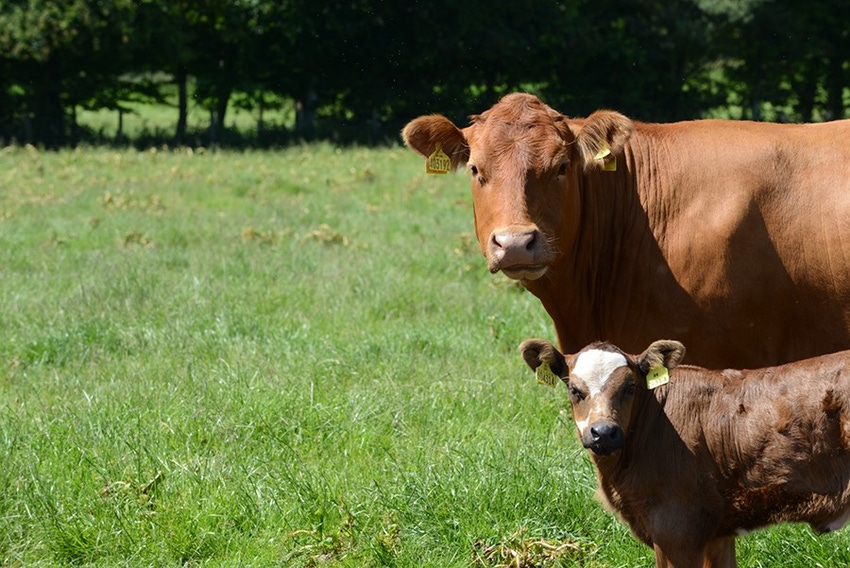Atlas of cattle genes sheds light on key traits
Revised catalog of cattle DNA highlights genes linked to important livestock characteristics.
May 21, 2020

Scientists in the U.K. and U.S. have created a detailed library of genes in cattle in a development that aids the understanding of key inherited traits linked to animal health and productivity, according to The Roslin Institute in the U.K.
The results include insight into a range of genes and their influence on tissues and cell types, underscoring the genetic basis of 45 key traits, including fertility, milk production and growth, Roslin said. A better understanding of the genetics underlying complex traits will support scientific research and enable selective breeding in the livestock production industry.
The researchers built the genome atlas using samples from almost 100 tissue and cell types, from which they detailed the sequence of more than 700 sections of genetic code, Roslin said.
The atlas may be used to add novel insight to genetic analyses of individuals or populations, pinpointing relevant tissues and cell types for traits of interest.
The findings will also enable researchers to better anticipate cattle’s likely response to changing environments and to domestication, the institute added.
Upgraded reference
The reference work builds on a gene expression atlas from a decade ago that was based on the genetic code of a single cow. The latest atlas uses a detailed approach to describing the genetic material, enabling researchers to examine more genes than before, the announcement said.
"We hope this gene atlas can be a go-to source for gene-based improvement in livestock. We believe that other scientists and the cattle industry will find the atlas useful for understanding the biological and genetic basis of agronomic traits to deliver benefits in breeding selection," said professor Albert Tenesa, the personal chair of quantitative genetics at Roslin.
Researchers from The Roslin Institute carried out the work in collaboration with the U.S. Department of Agriculture, the University of Maryland, the University of Edinburgh and China Agricultural University. Their study was published in Genome Research.
"This is the largest public collection of bovine genes in an atlas to date. It will function as an example for ongoing genome annotation efforts in domesticated animals, added Dr. George Liu, a research biologist with USDA's Agricultural Research Service.
You May Also Like



